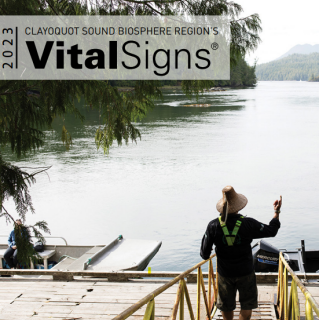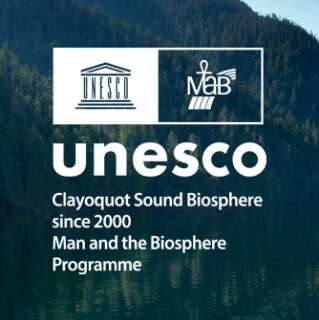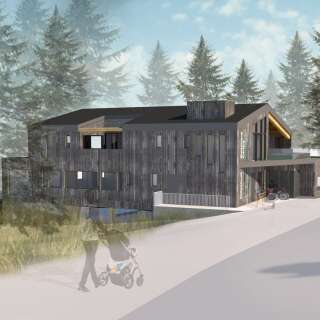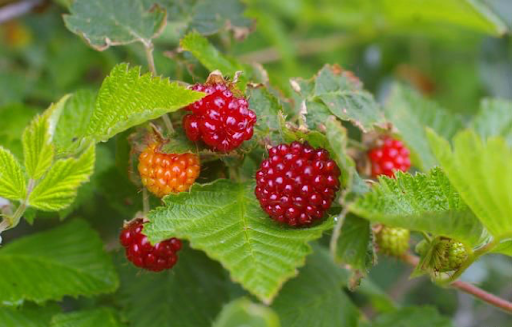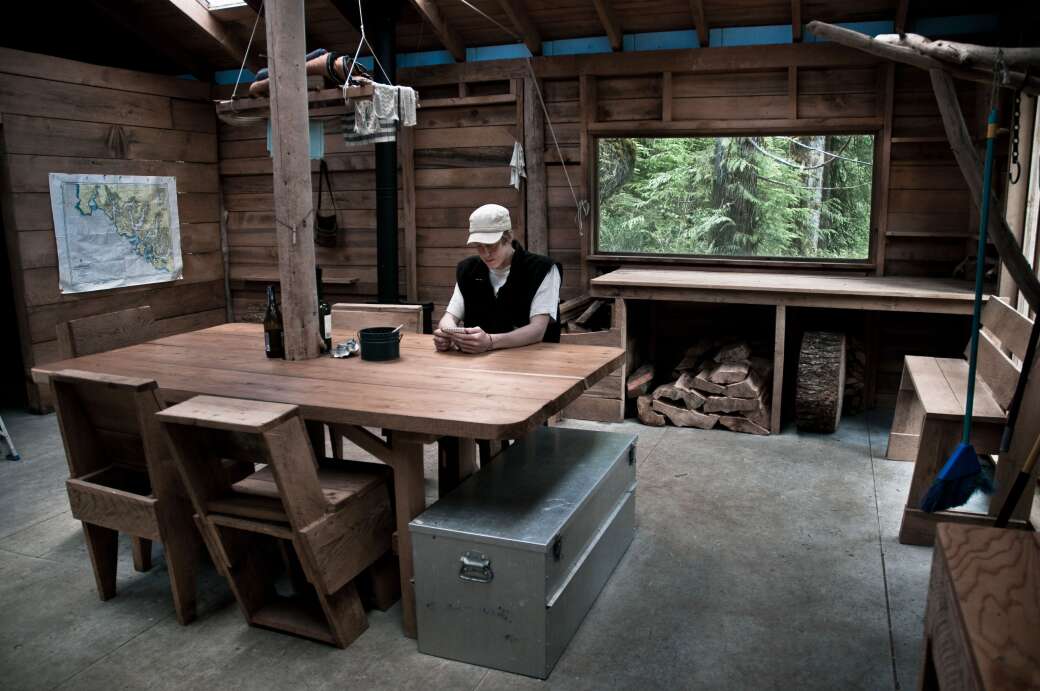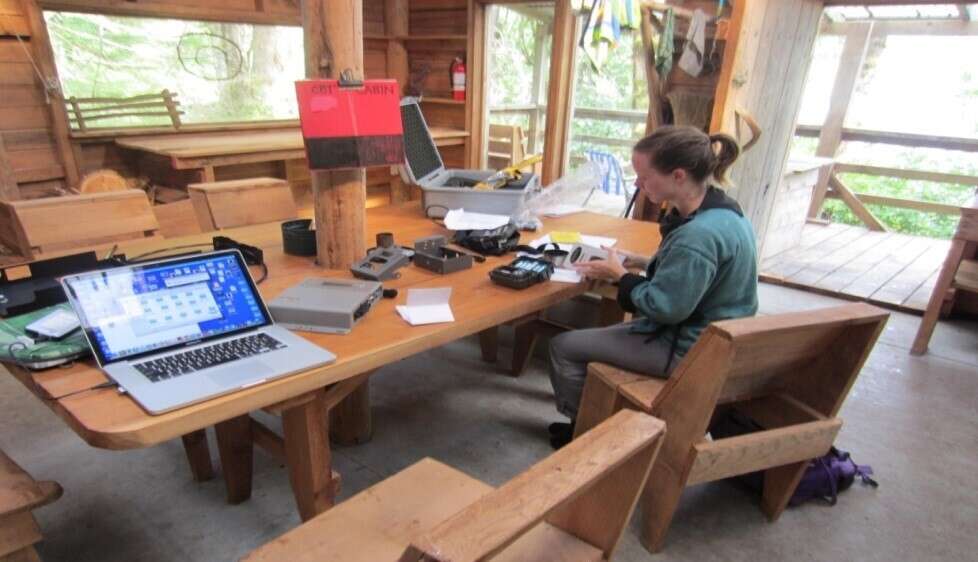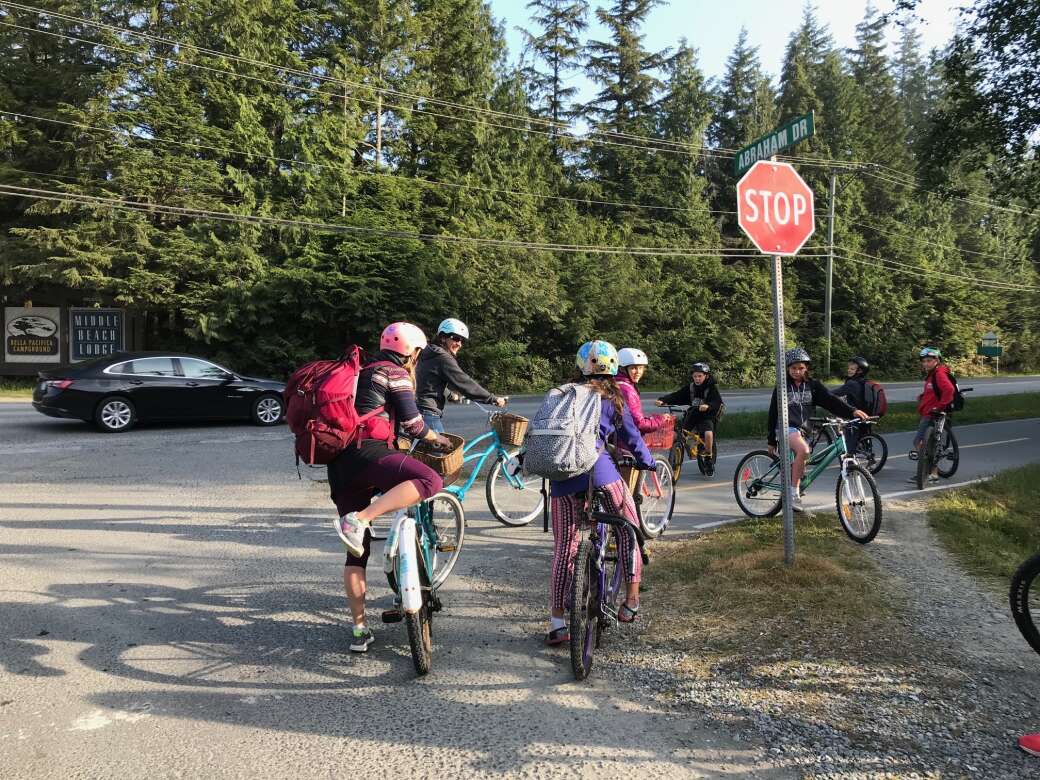
Regional Climate Action Coordination
With the communities of the biosphere region being small, spread out, and focused on their own unique issues, collaboration on climate action can be challenging. But with one road in and out and shared regional infrastructure, local leaders have identified a need for increased cooperation. CBT is piloting a project to align and advance climate action at a regional scale by reducing duplication of efforts and better integrating public, private, and non-profit activities.
Contact us to learn more and get involved!

